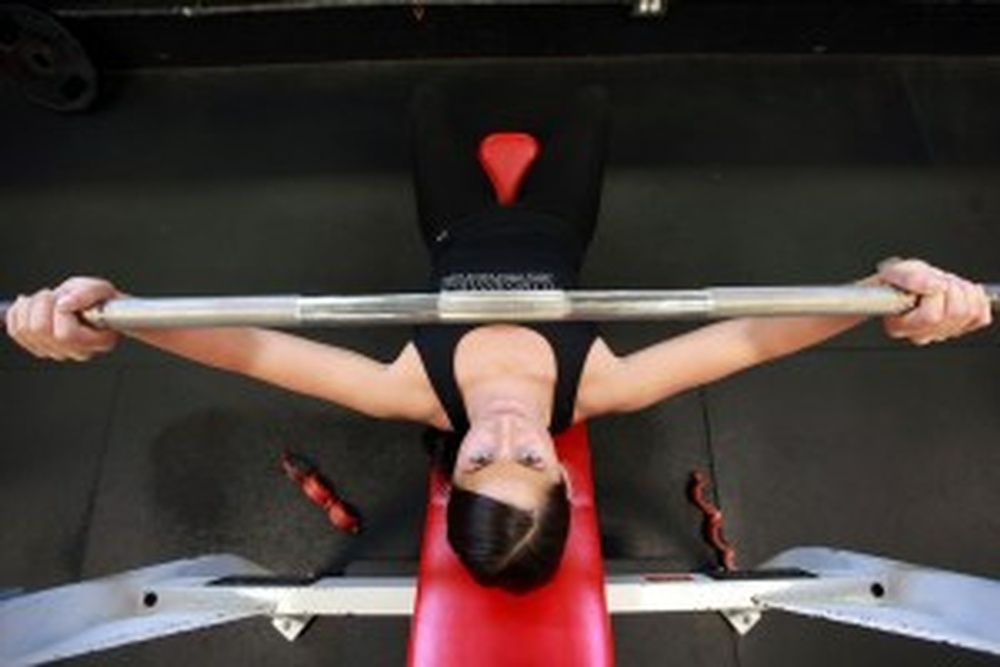The Principle of Individuality

There are several principles of strength and conditioning that are necessary for the athlete to take into account when training. One of them is that of Individuality. This principle tells us that each person (athlete) will respond differently to the same training stimulus. For example, a group of athletes looking to gain strength could all follow the same well-designed program, yet after completing it, the individual training response could differ greatly among the athletes. Some will have gained strength, as advertised, some will gain a lot, some will gain a little, and some may be unable to complete the program. Factors such as age, sex, body size, limb length, muscle “type” distribution, training experience all contribute to the training response. Since each of these variables differ among individuals, we get a varying response to a training program. This list of contributing factors is not exhaustive; these are just some, and perhaps the most obvious, contributors to interindividual variation in the training response.
Environment will also influence the training response. By environment, I mean everything else around the athlete that isn’t part of his or her body. Many of us have competing priorities in our lives, as a non-professional athlete, I have a day job, which, naturally takes up energy and time. The demands of my job intertwine with demands of household and family, and in turn affects when, where, and how I train. The accumulating stress from these things is a draw on my energy which in turn, will affect how I train, in turn affecting the training response. This miasma of demands will differ from my workout partner’s, my teammate’s, and even my competitor’s, thus even if we are of the same age, sex, size, and training experience, our training response will still differ because these outside influences from the environment differ between us.
Why is the principle of individuality important to understand? Simply, my time is valuable. I want my training program to provide me with the most benefit, optimize my performance, and help me best enjoy my sporting activities. Copying someone else’s program or just winging it will not necessarily help me achieve this. My training regimen should reflect my needs and objectives. If I ignore this principle, I run the risk of setting unrealistic goals, or having unrealistic expectations, thus setting myself up for failure.
How do I assure that my program is most appropriate for me? Or rather, how do I know if I am paying attention to the principle of individuality?
First, I could complete a general fitness assessment, so I know where I stand with muscle strength, endurance, flexibility, and body composition. If any of those aren’t where they should be, then I can address them in my training program. If I am a highly trained athlete, I can also assess performance variables that are specific to my sport, such as leg power (if I play soccer or football) or rotational power (golf, tennis, baseball). Are all of these where they should be? If not, I have something with which to base my training goals on.
Other questions to ask: What am I training for? What is the end result I wish to attain? Where did I get this goal? Is it realistic? I should be able to answer these questions with well thought-out answers. If I can, then likely my program is specific to my needs, and I am paying attention to the principle of individuality. My program is based on my specific needs and goals, according to the sport or event I compete in.
So, in summary:
- Each athlete responds differently to the same training program. Biological differences such as age, sex, muscle type, and body size, as well as outside factors such as work environment and living situation conspire to provide for an individual training response.
- Do not compare yourself to your peers. Just because your training partner is making exceptional gains with a certain training program, does not mean you will too.
- Make sure your training program is customized to your individual needs and goals. Write down your goals; make sure they are relevant, realistic, and measurable. Get an assessment done, either a general fitness, or if possible, a performance test specific to your sport. Check your progress periodically.
Thanks for reading!
Looking for guidance in improving your athletic performance? Better yet, ready to make a change in your life? I help folks eat, move, and recover well, contact me contact me here to set up a free consult!
Published by mattktraining
I am currently the Owner of my soloprenuerial company Matt K Training. Through my fitness and nutrition programs I help adults develop skills and practices that help them eat, move, and recover well. Over the past 20 years, in various roles such as a Personal trainer, Exercise Physiologist, Clinical Researcher, and Health Coach I have helped hundreds of adults reach their health and physical performance goals. When not working, I enjoy active pursuits such as playing right field for the Charlton Giants (in a 38+ competitive baseball league), playing tennis, hiking, backpacking, and rock climbing. I also enjoy indoor activities such as playing strategy board games, reading and discussing science fiction literature, dabbling with my guitar, finding creative ways to eat oatmeal, and being a good dad.